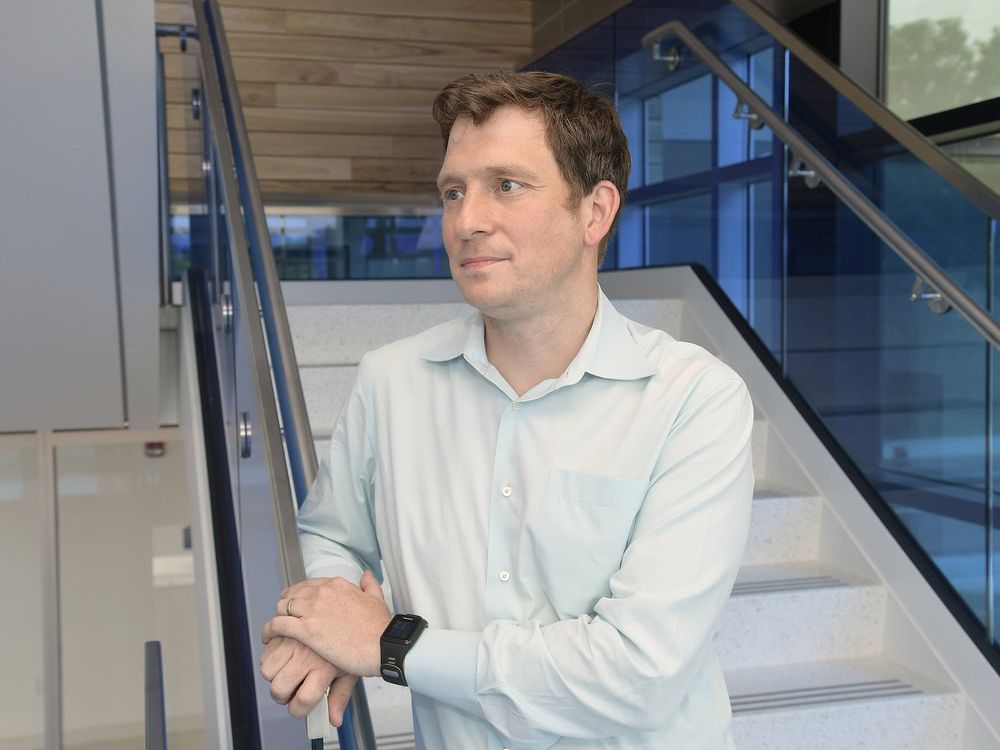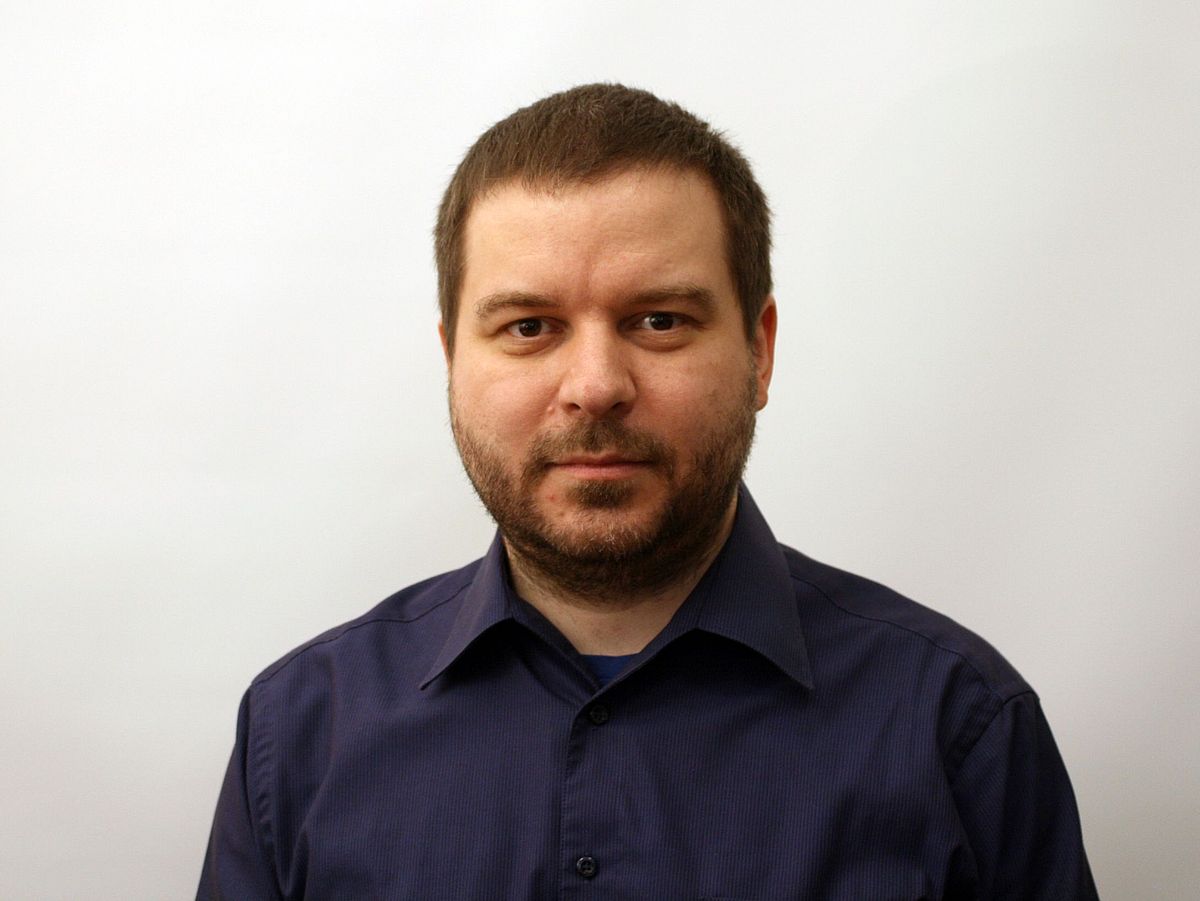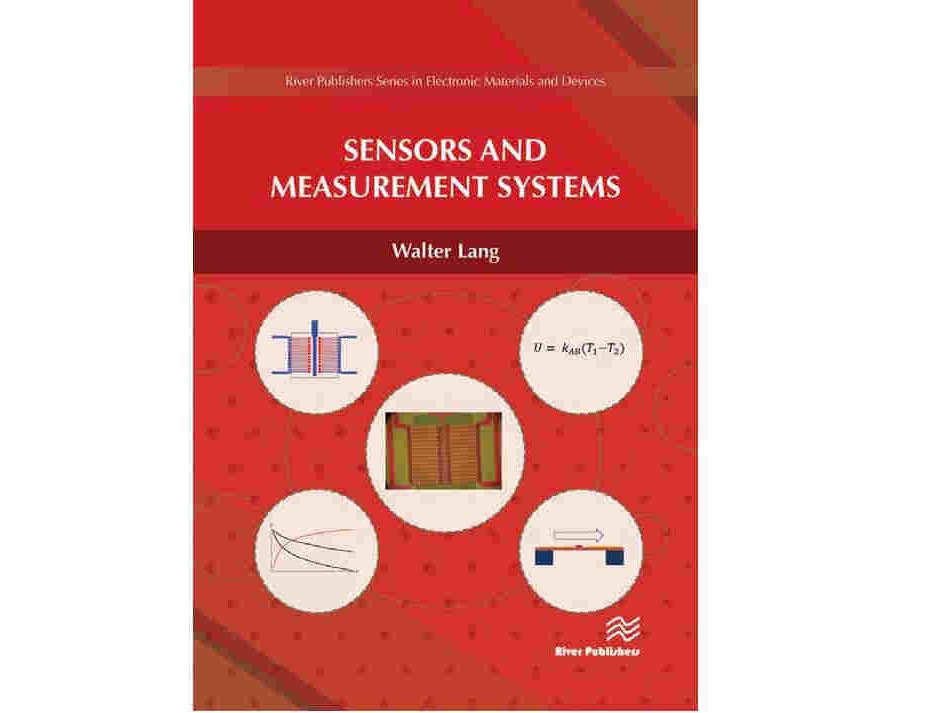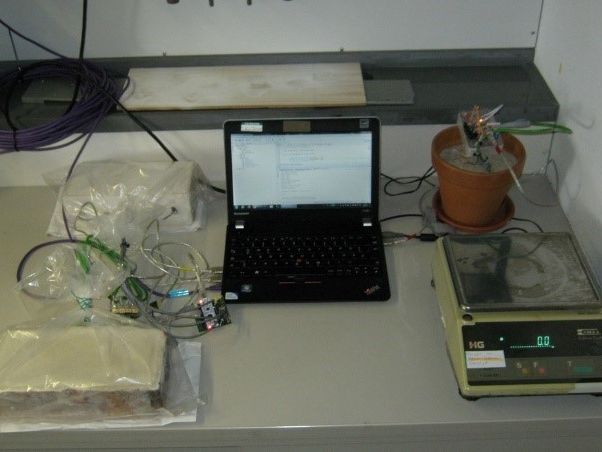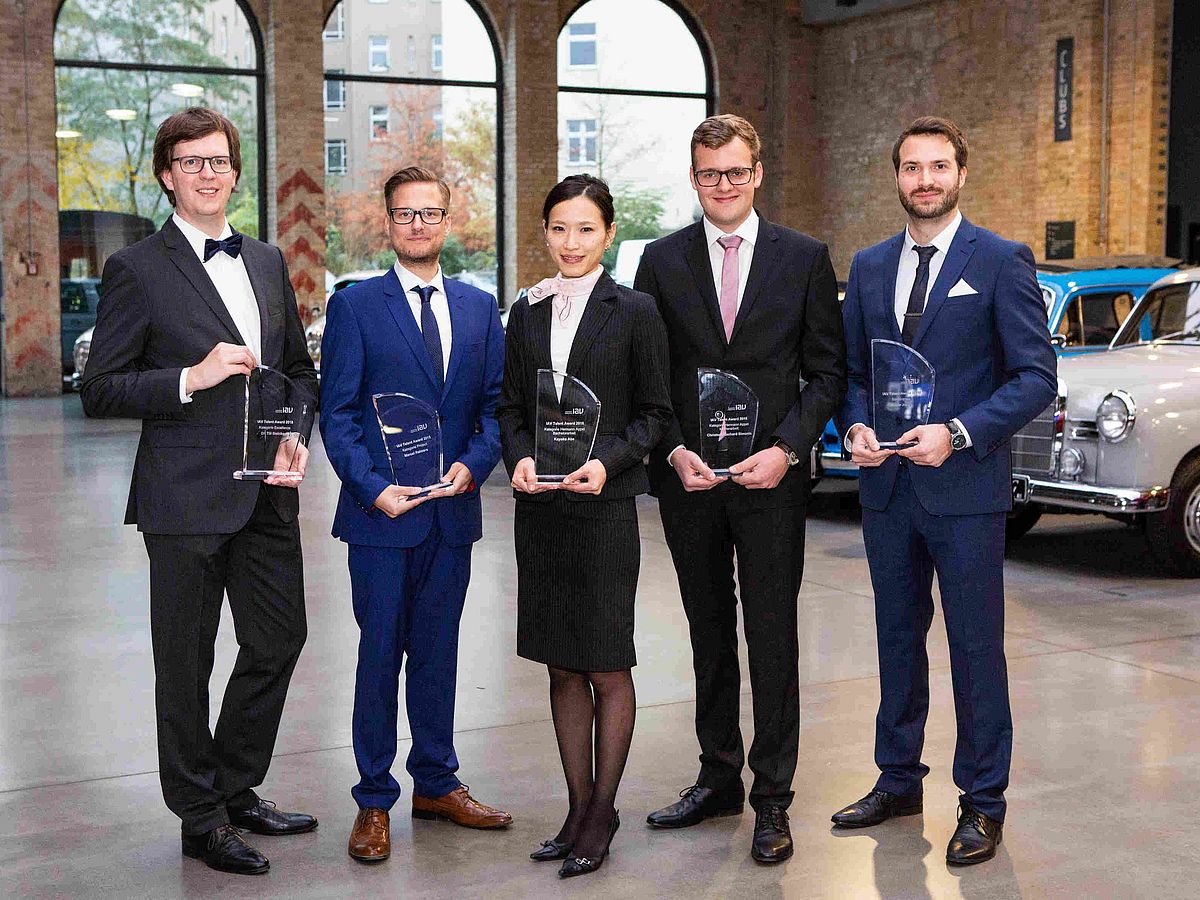News
June 2022
New Project: Mold Detection
Mold is a big health issue and became more and more the subject of environmental medical investigations. The correlation between mold exposure and to some extent severe illnesses has been proven by several studies. Up to now, there is no reliable way to continuously quantify mold contamination. Because of the extensive and expensive laboratory-based analysis, it is often not determined at all or only sporadically. The aim of this research and development project is the realization of an automated sensor system for continuous measurement of mold contamination within industrial bio filter systems. For this, a novel micro-reactor-array will be designed, which allows autonomous cultivation and detection of mold spores.
The project is being funded by AIF/ZIM and runs for 2.5 years.
September 2021
Welcome Professor Björn Lüssem
We are very happy to welcome Prof. Björn Lüssem at IMSAS as professor for Microsystems Technology on 1 September 2021.
Björn Lüssem was Associate Professor at Kent State University in Kent, Ohio, US. The area of his research covers design and technology of flexible organic devices (e. g. organic electrochemical transistors and sensors) and processes to integrate these devices into larger sensor systems.
We wish him a lot of success in Bremen!
January 2020
Dr. Frieder Lucklum new head of CAMM (Electrical Engineering) at DTU in Copenhagen
Dr. Frieder Lucklum worked for six years as Postdoc at IMSAS. He succesfully built and did research on phononic crystals.
Since 1 January 2020 he is head of the danish DTU Centre for Acoustic-Mechanical Micro Systems (CAMM) http://www.camm.elektro.dtu.dk/
We wish him all the best for his new post!
August 2019
Poster Award of MME-Workshop in Oxford goes to Rico Tiedemann
Rico Tiedemann received one of three awards for a poster at the 30th Micromechanics and Microsystems Europe Workshop in Oxford (GB) .
Tiedeman does PhD research on the development and direct embedding of piezoresistive sensors in aluminum cast . „Combination of thin-film strain gauge and thick-film insulation: A technology approach to fabricate an aluminum-based short term high temperature resistant strain gauge“ showed his latest research results.
April 2019
Monitoring dehumidifying of buildings damaged by water with an intelligent moisture-content measurement system
Different sensor technologies for measuring the moisture content in building materials will be evaluated, developed and tested. Sensor information will be used to monitor drying equipment after water-induced damages. Flooding repairs usually take several weeks and require large amounts of energy. Multiple checks by a technician might be necessary to determine when a sufficient drying state is achieved and the equipment can be switched off.
January 2019
DFG-ANR Project “Tubular Bell” Kick-Off in Bremen
The German-French cooperation project “Tubular Bell” aims at a new class of phononic crystals, Tubular Phononic Crystals, and their application as a sensor, the Tubular Bell. Our vision is a fundamentally new sensor concept for in-line monitoring of liquids in cylindrical structures like pipes (chemistry) or vessels (medicine). The DFG and ANR funded project brings together research groups from the Université Pierre et Marie Curie in Paris, Université de Lille, Otto-von-Guericke-University Magdeburg, and University of Bremen, with the Kick-Off meeting held on 16.01.2019 in Bremen.
November 2018
Marcel Reimers receives IAV Talent Award for his Projektarbeit at IMSAS
AT the IAV Talent Innovation Day in Berlin the IAV Talent Award "Future Mobility" was awarded to the The Projektarbeit of Marcel Reimers „Temperature Monitoring of Lithium-Ion Cells with Printed Sensors for Automotive Battery Packs” in the category "Projekt". 01.11.2018 .
November 2017
IMSAS presents new chip for 2-dimensional air-velocity measurement: Application during field test in cold storage warehouse
In many applications it is necessary to measure not only the magnitude, but also the angle of the air-velocity, e.g. for capturing the flow field in gaps or at surfaces. So far, two separate sensor chips were required to construct a 2-dimensional anemometer. The new IMSAS chip integrates 4 thermopiles placed with a small offset in ±x and ±y direction, close to a heater. Magnitude and angle can be calculated by the x and y difference signals.
The first samples were processed in our clean room and put into service. The required chip area was reduced to 2mm by 2mm, i.e. only 60% of the initial 1-dimensional chip design. Now, only one square 2D chip is necessary instead of two 1D chips. In total, the required chip area was thereby reduced to one third.
The new chip also enables more efficient housing and PCB designs. The sensor element can now be placed exactly in the center of the housing, resulting in an equal sensitivity in all four directions.
The first test in our wind tunnel has shown that the new chip has a higher sensitivity at low velocities. Nine Wireless Anemometers, equipped with the new 2D chip, were installed in a cold storage warehouse for apples during a field test in November 2017.


